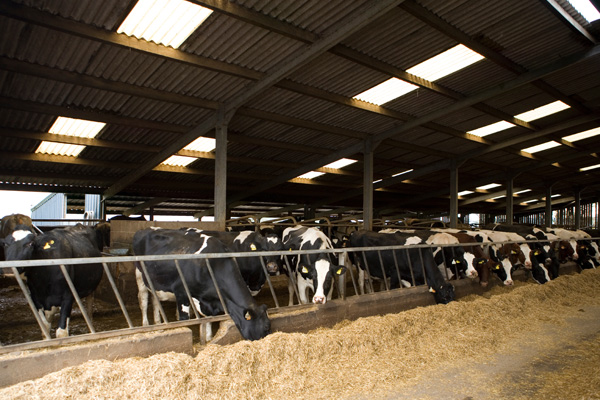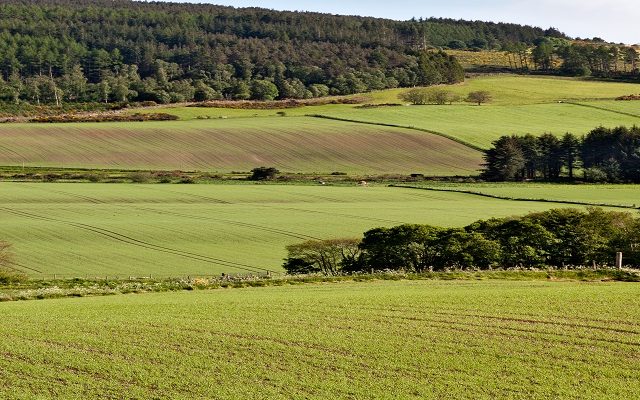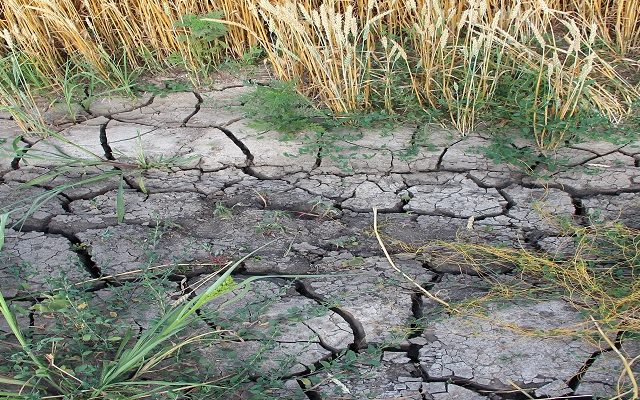Slurry Infrastructure grant scheme details
Grants of up to £250,000 are available for farmers in England to replace, build or expand existing slurry stores so they have six months’ storage capacity.
The Slurry Infrastructure grant is available to tenant farmers and owner occupiers and can be used to pay for tanks, lagoons and concrete stores, as well as large-volume permanent bags.
Funding is also available for necessary accessories, such as reception pits, slurry pumps, agitators, pipework and safety fencing.
A key condition of the scheme is that all new or expanded stores must also be fitted with an impermeable cover to prevent rainwater entering it, and to reduce ammonia emissions.
The only exemptions from the use of a cover is where a farming business is installing a slurry bag or treating slurry through acidification. Acidification involves the use of an acid treatment or other technologies to lower and maintain the pH value of the slurry to below 6 at the point of storage, which substantially reduces ammonia emissions.
Slurry Infrastructure grant rules
Applicants will only be supported to expand their capacity based on existing livestock numbers, which means the typical number of animals kept on the farm over the past year at the point you submit a full application.
To work out what slurry capacity is required farmers are being asked to use AHDB’s Slurry Wizard tool.
The minimum grant available is £25,000 and the maximum is £250,000, with businesses paid a fixed contribution towards the equipment they need based on a standard amount.
Defra estimates the grant contributions should cover 50% of the current market costs of carrying out the work.
For example, the grant contributions for the slurry stores are as follows:
- Above ground steel slurry store: £31.50 per m3
- Precast circular concrete slurry store: £26.17 per m3
- Earth bank lagoon without synthetic liner: £10.08 per m3
- Earth bank lagoon with synthetic liner: £18.22 per m3
- Store using precast rectangular concrete panels: £72.74 per m3
- Large volume permanently installed supported slurry bag: £19.27 per m3
Funding is not available for the demolition and removal of old stores, repairs and maintenance of existing stores or second-hand equipment.
Care also needs to be taken to ensure any items bought using grant support meet the exact specification set out in the guidance notes. Consideration will also need to be given to some of the practical issues that arise in terms of stirring slurry when a cover is in place.
The grant is paid in arrears, with a maximum of three claims over the duration of the project. This means applicants must have sufficient funds to pay for all items in full before claiming the grant payment.
Application process for Slurry Infrastructure grant
There will be a two-stage application process.
A Slurry Infrastructure grant online checker will open on 6 December 2022 and close on 31 January 2023, allowing farmers to check if they are eligible to apply and to get an estimate of the grant they would receive.
The Rural Payments Agency will then review all projects once the online checker closes and produce a shortlist of projects based on the priority areas it has set for the first round of the scheme.
The priority areas are places where it has been decided that coordinated action is needed to reduce air and water pollution from agriculture. These can be found across England, although there are larger clusters in Cumbria, North Yorkshire, Wiltshire, Dorset, Somerset and Norfolk.
The RPA will then either invite applicants to submit a full application or inform them that they were not successful.
The deadline for submitting full applications will be Friday 28 June 2024.
Farmers are encouraged to apply even if they are not currently located in a priority area as the level of the demand for the scheme is not yet known, so funding may well be available anyway.
There will also be opportunities to apply for further rounds of the scheme and Defra has indicated the priority areas may change between different rounds.
For more details contact Alice Johnson or Paul Dennison.






